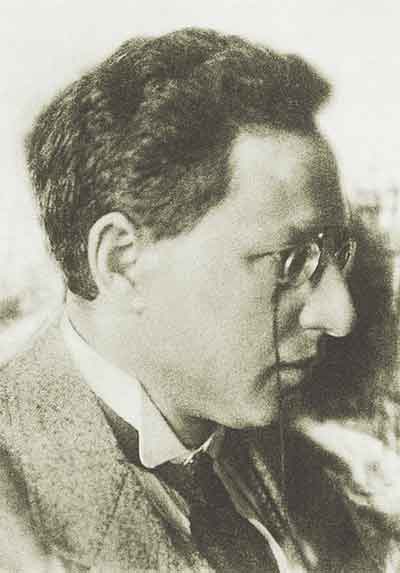Minority Rites: Modern Lessons from the Bolshevik Revolution
The Commissar Vanishes: The Falsification of Photographs and Art in Stalin’s Russia, David King (Tate Publishing, new edition 2014) Who said the following?
We must carry along with us ninety million out of the 100 million of Soviet Russia’s inhabitants. As for the rest, we have nothing to say to them. They must be annihilated.
Was it Stalin? No, it was one of his victims, one of the commissars who vanished: Grigorii Zinoviev, described as “Lenin’s Mad Dog” in this fascinating and disturbing book. Zinoviev launched “the Red Terror” after Uritsky’s assassination and Lenin’s “close call” in 1918. Moisei Uritsky was the head in Petrograd of the Cheka, the murderous secret police that later became the OGPU, the NKVD and the KGB. Its first leader was Felix Dzerzhinsky and one of its chief torturers was Yakov Peters. This book describes how Peters “interrogated” the “Socialist Revolutionary” Fanya Kaplan, the woman arrested for the attempt on Lenin’s life. In response, Yakov Sverdlov promised “merciless mass terror against all enemies of the Revolution.” Sverdlov was another of Stalin’s victims, another of the commissars who vanished.

Minority ruler Moisei Solomonovich Uritsky
There’s an important pattern in the preceding paragraph. A negative one: although it describes a very important episode in Russian history, it does not contain a single ethnic Russian. Zinoviev, Uritsky, Sverdlov and Kaplan were all Jewish, Stalin was Georgian, Dzerzkinksy was Polish and Peters was Latvian. . . .



